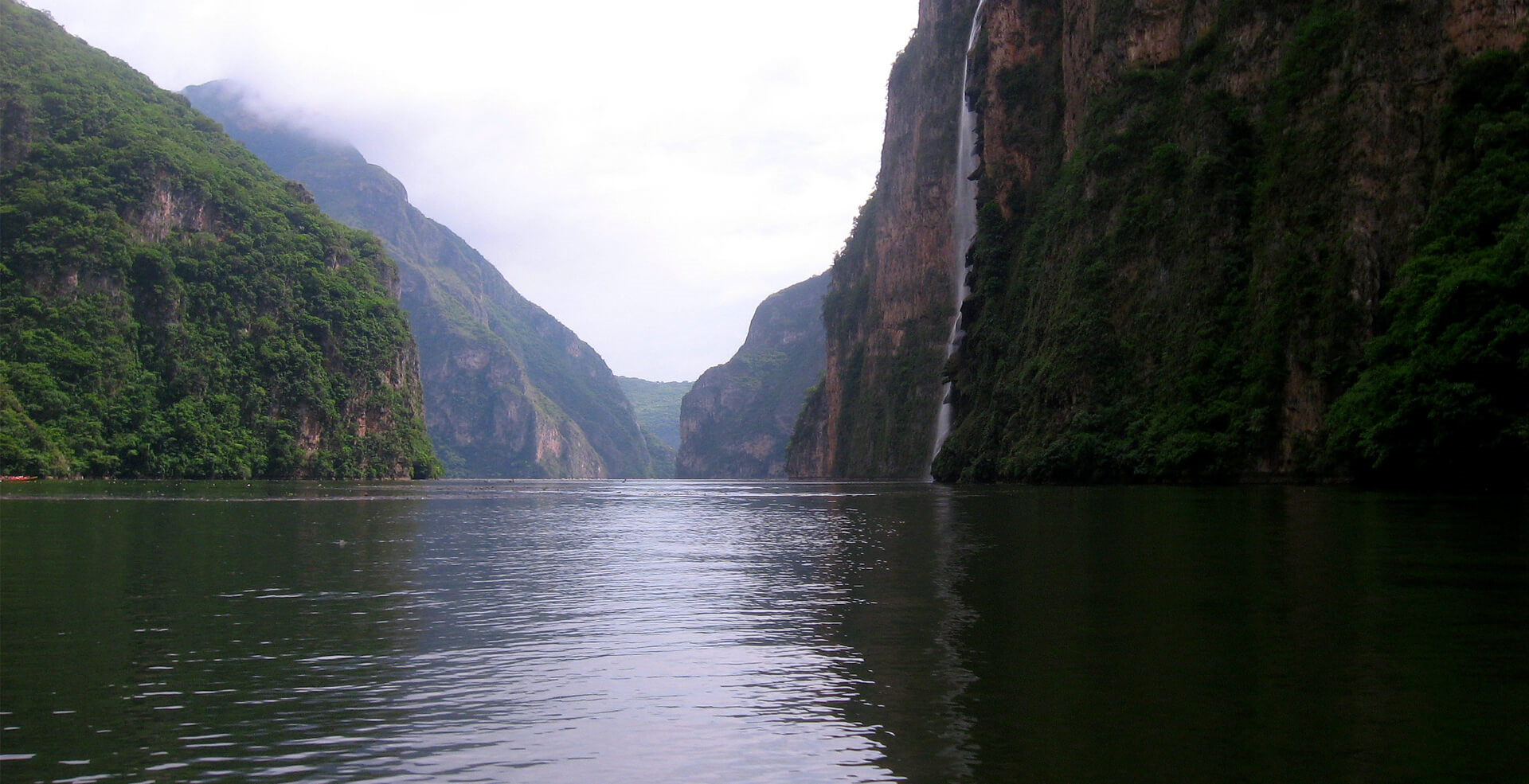First Source: Banana Wars in Central America: U.S. Senate Foreign Relations Committee (Frank Billings Kellogg). “Memorandum submitted January 12, 1927, to the U.S. Senate Foreign Relations Committee.” 12 January, 1927.
This primary source, written in 1927 at the height of the Banana Wars, outlines a memorandum delivered by then-United States Secretary of State Frank Billings Kellogg. In it, Kellogg outlines how the United States government should look into perpetuating its occupation of Nicaragua, which it had stopped two years prior. Though there were multiple previous military interventions on the United States’ part in the 1890s and early 1900s in Nicaragua specifically to protect business and economic interests in the region, Secretary of State Kellogg insists that this is a political endeavour of moral importance. In fact, Kellogg argues that the resurgence of Communism, Bolshevism and anti-American sentiment in the neighbouring Mexico country through the influence of the Soviet Union is a threat to the United States. Kellogg, by the same token, argues that this is a struggle that has proven effective for the enemy, as this has allowed the Communist and Bolshevist leaders in the United States to rise to prominence. Due to this, Kellogg argues that the United States must continue to preserve its interests and supremacy in Nicaragua. Therefore, Kellogg’s reasoning for occupation and intervention seems to be purely moral and political.
Not mentioned by Kellogg is the fact that at the time, and since the first U.S. intervention in Nicaragua in the 1890s, American imperialism had allowed U.S. companies to thrive in the Central American region. Most of the region’s vital industries, including that of agriculture (especially bananas), infrastructure and railroad construction and maintenance, the mining sector, and banking, were dominated by American companies. American investments in the region were also heavily threatened by civilian and political unrest in the region. Thus, using this primary source will leave us to argue that not only was American interventionism in Latin American (in this case, in Nicaragua) based on preserving its own economic and financial interests, but that such interventionism was also hidden by a veneer of underlying political rhetoric. This primary source will be instrumental in building this argument, which will then be referenced in other American interventions later on, such as in the case of the U.S.-backed coup in Brazil in the 1960s. Kellogg’s address will help us argue that there are many cases involving the United States engaging in foreign meddling in Latin American countries’ affair before the Aguida vs. Chevron/Texaco case, as the Banana Wars show. To construct this point, this source will also be contrasted with other historical facts about the Banana Wars, including the broader context to the wars, the specific companies benefiting from the occupation, and the repercussions of the war on the region’s political and economic landscape.
Joseph
